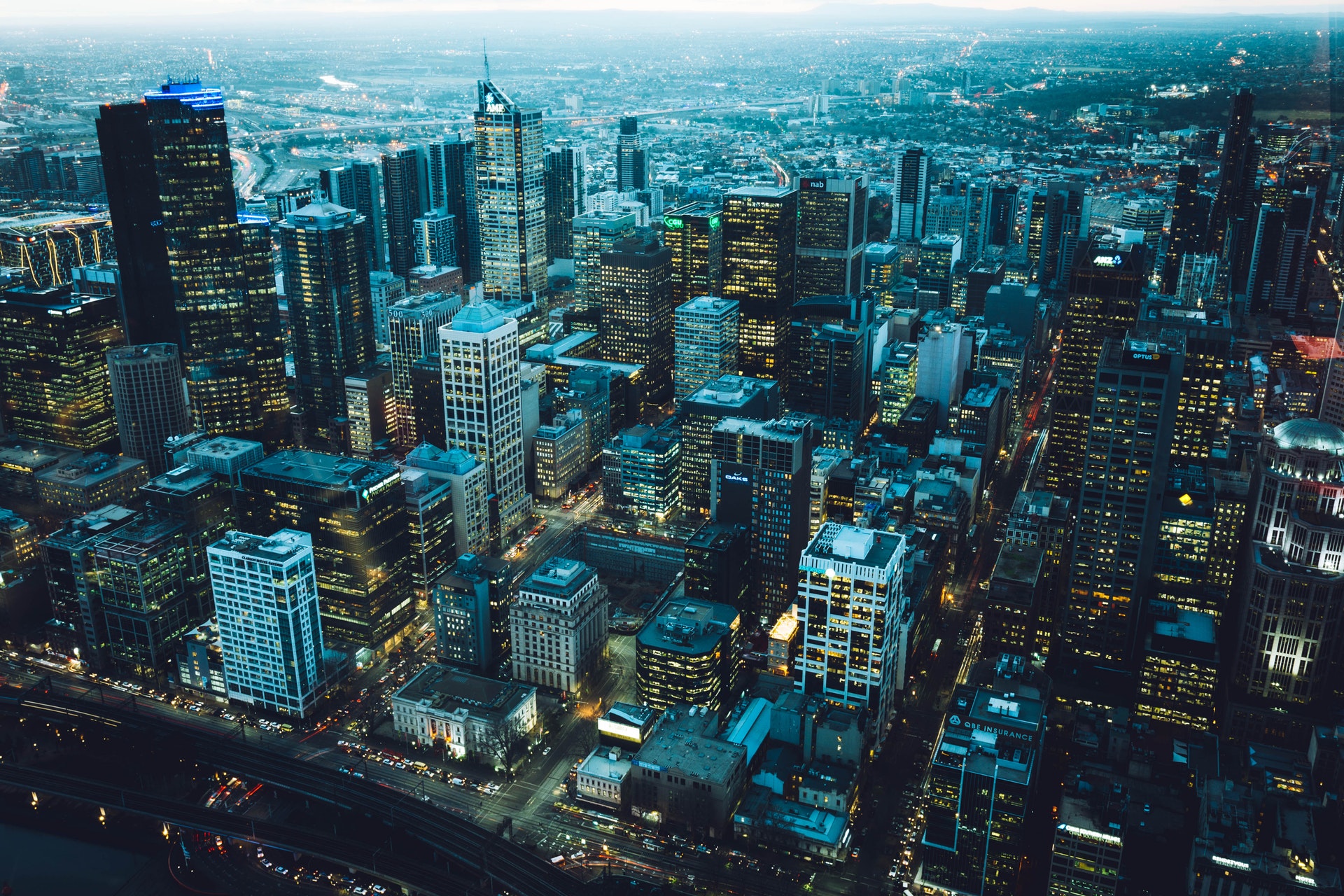I wrote a few times on this platform about SPACs and the robbers of gilded age (wink, wink, Chamath) and so did many publications (The New Yorker, etc).
It appears the SPACs boom is coming to an end ? The WSJ looked at the SPAC landscape in an article last weekend, The SPAC ship is sinking. Investors want their money back (Amrith Ramkumar, Jan 21, 2021).
“It turns out investing in unproven upstarts isn’t for everyone, and with interest rates looking likely to rise in coming months, all sorts of speculative investments from technology stocks to bitcoin are getting hit.
A number of companies are now withdrawing from previously announced SPAC deals, even though they sometimes have to pay millions of dollars to the SPAC for backing out. Savings and investing app Acorns Grow Inc. was the latest to do so, ending its roughly $2.2 billion SPAC agreement on Tuesday and becoming the 10th company to terminate a SPAC deal since early November, according to Dealogic. There were 13 SPAC-deal terminations in the first 10 months of last year.Announced valuations of companies that recently terminated SPACs.
Other companies to end deals recently include billionaire Tilman Fertitta’s Fertitta Entertainment Inc.—a holding company for Golden Nugget casinos and Landry’s restaurants—financial trade clearing firm Apex Clearing Holdings LLC and drug-development technology firm Valo Health LLC.
Low share prices mark a particularly acute threat to SPACs because they can trigger a negative spiral. Investors who put money into a SPAC before it announces a deal don’t know what type of merger it will do, so they are allowed to withdraw their money before a deal goes through. The amount they withdraw typically comes out to the SPAC’s listing price of $10, plus a tiny bit of interest.
Nearly 95% of investors in the SPAC that took BuzzFeed Inc. public last month pulled their money out, leaving the digital-media outlet with just $16 million from the SPAC’s original $287.5 million. BuzzFeed also raised $150 million in convertible-note financing as part of the deal. Shares have since slumped roughly 60% to about $4.”
WSJ
Is this the end of the SPAC boom or just the losers get flushed out ?
Let’s just be real. Chamath isn’t budging on his billions of dollars, even if the SEC said SPACs should treat warrants as liabilities on their balance sheets rather than equity, forcing IPOE and many SPACs to restate their financials.
Friendly reminder: this is the 450th post we are writing here, celebrating 8 years of service.
